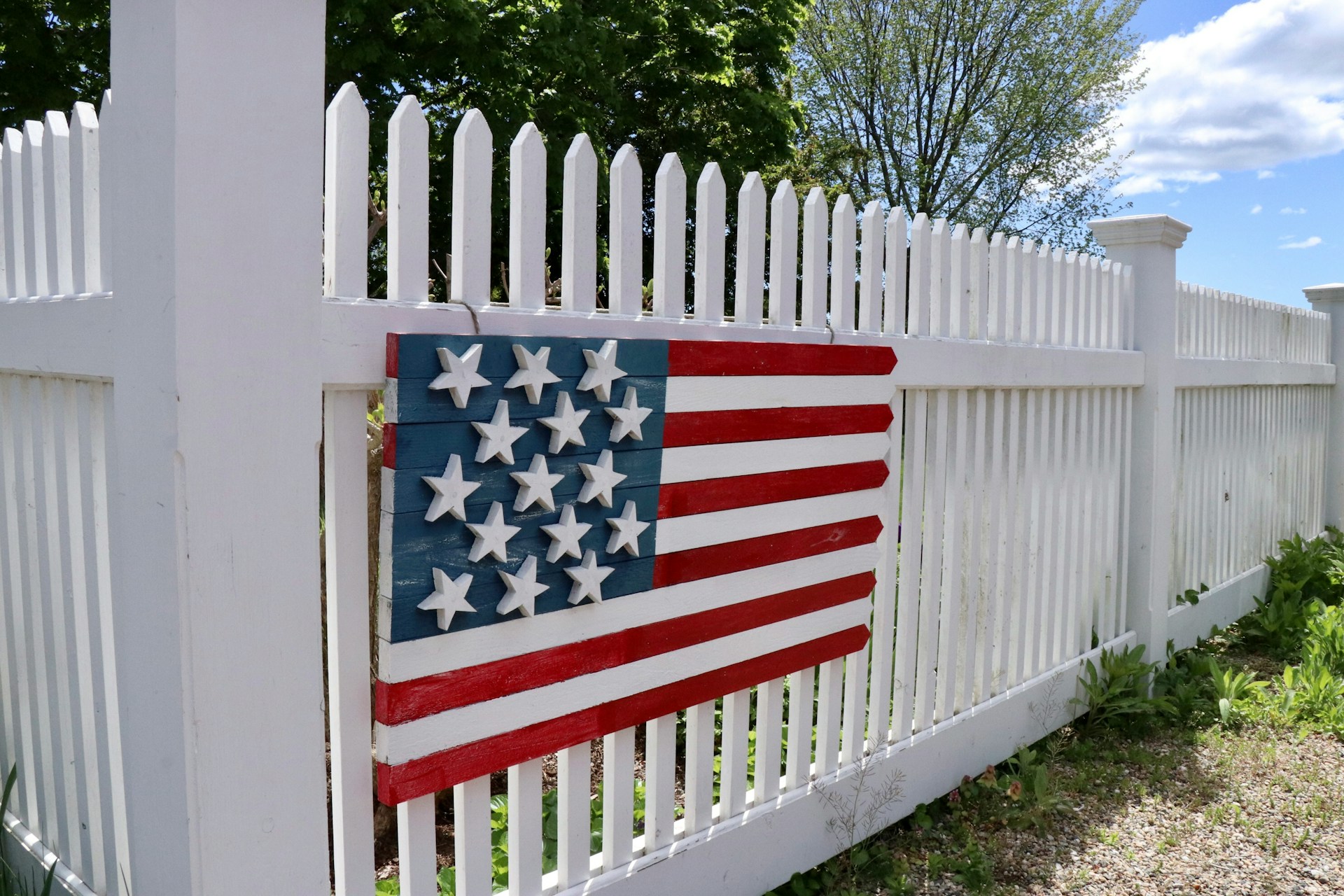Consider Renting
As we live longer and enter new life stages, must we always own our home?
For much of the last century, the American Dream has been tied to homeownership. Buying a house was more than shelter—it was proof of stability, success, and adulthood. Many of us built lives around that expectation, and for good reason: owning can create financial security and anchor families in place. But as we live longer, go through more transitions, and face new realities in the second half of life, it’s worth asking: does the dream have to look the same? Must we always own, or could renting sometimes be the wiser choice?

The Benefits of Renting
Renting can bring relief. Maintenance and repair no longer land on your shoulders. No more leaky pipes or surprise HVAC failures. As one woman in Ohio told the Wall Street Journal in a recent article (“Do You Need to Own a House? Many Older Americans Decide They Don’t”), she loved her big house while raising kids but eventually realized, “I have no interest in yardwork and home improvements.” Renting gave her the ability to right-size, simplify, and spend time on what matters most.
Renting also gives flexibility. You can move closer to children or healthcare providers without the friction of buying and selling. You can “try out” a new neighborhood or community for a year before deciding if it’s right for you. And by unlocking equity from a sold home, some find they have more financial freedom to travel, pursue interests, or simply have margin for unexpected health needs.
Some readers responding to the WSJ article noted another benefit: freedom from the relentless sameness of home maintenance. Instead of weekends filled with mowing, trimming, or fixing, those hours can be reinvested in friendships, volunteering, or wellness. In other words, renting can shift the focus from house to life.
Renting can also reduce certain risks. If another move may be on the horizon, it spares you the steep transaction costs of buying and selling. It shields you from the risk of property depreciation. And in some parts of the country, renting can even be a form of climate resilience—making it easier to relocate after floods, wildfires, or hurricanes.

The Drawbacks
But renting isn’t without trade-offs. Costs can be higher than staying put in a paid-off home. One retiree featured in the WSJ pays $3,200 in rent—double what she used to spend on her mortgage, insurance, and taxes. For people on fixed incomes, that math doesn’t always work.
There’s also the issue of control. Rents can rise, in some cases, substantially. Landlords can decide to sell. Some leases favor landlords in ways that make tenants feel powerless. And while homeownership offers the possibility of appreciation, renting doesn’t build equity. A number of WSJ readers reminded others that decades of ownership had been their best financial decision, creating both wealth and peace of mind.
And there’s the emotional piece. Homes often carry memories of raising children, hosting holidays, or cultivating gardens. Letting go can feel like surrendering not just a house but a piece of identity.

Why it’s worth considering
Even with these drawbacks, renting deserves a place on the table—especially in certain situations. For those who are single, widowed, or no longer able (or willing) to handle the demands of home maintenance, renting can be liberating. For those who want to be closer to adult children, renting can offer a way to follow without the weight of another purchase. For those navigating a health change, the ability to move quickly into a more supportive environment can be invaluable. For those particularly concerned about their financial well-being amidst living increasingly longer lives, lowering the total cost of ownership and redeploying dollars in the stock market at large may make a big difference, particularly if done early enough to see the benefits.
And sometimes, it’s about making life easier for family. Several people told the Journal they were glad to rent because it meant their adult children wouldn’t have to deal with selling or clearing out a home later. For them, renting was part of a legacy of care.

Place Planning Makes the Difference
In the end, the decision to rent or own isn’t about one being right and the other wrong. It’s about what supports your health, your relationships, and your stage of life. Some will find deep peace in staying in a well-maintained, paid-off home. Others will thrive in a rental community that takes away the burdens of upkeep and opens up new possibilities.
This is why place planning matters. By stepping back and asking what you want from a particular stage of life, such as proximity to healthcare, freedom from maintenance, access to community for those in the second half of life —you can see options you might not have considered. Renting may not have been part of your vision years ago, but it could be exactly what aligns with your needs now.
The American Dream has always evolved. Maybe in the second half of life, the dream isn’t about the deed. Maybe it’s about creating the conditions that let you live with presence, purpose, and health—wherever you call home.


